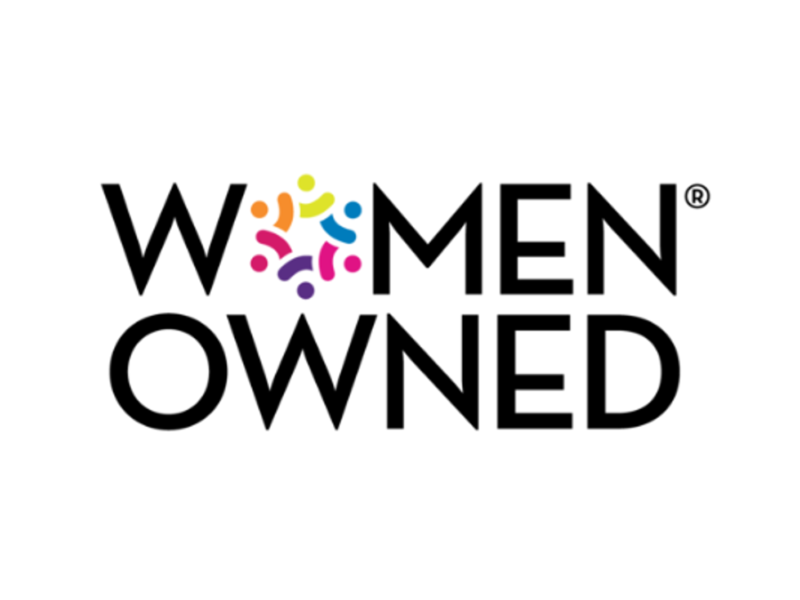Don’t get me wrong: women owned business certifications can be great tools to set you apart, especially in the early stages of the business. But this week’s article is about the lesser-thought-about issues that arise when trying to sell a business with those certifications, and how to avoid (or at least mitigate) those issues.
I briefly touched on this topic in my post called “Bumps in the Road After Signing the LOI,” but I’ll get more specific here.
True, this article is directed more towards my female readers. But I will say to my gentlemen readers: before you decide to pass on reading the remainder of this blog, just make sure you are the majority shareholder, as it may apply to you if your spouse or other women combined own 51% of the company. If not, you may know a women owner who might benefit from reading this, so read on, and pass on if you find it valuable.
As a female M&A advisor, I tend to attract Women Owned Businesses (WOB’s) as clients. I think many women feel more comfortable working with other women, especially on such an important event like selling your company. To date, roughly 50% of my client base have been very successful women owned businesses and, our topic today has been an issue for each and every one of them.
For as long as I can remember, there has always been a number of certifications that women owned business could apply for and receive special incentives: WSB/EDWOSB/WBENC. Many large private corporations, as well as governmental entities, need to fulfill certain diversity mandates, and therefore seek out women with these designations.
Most, if not all of my women owned clients feel that it really helped with sales opportunities, and that they would not have had the same exposure early on in their business without it. Therefore, they have continued to maintain that certification throughout the years. These same women, however, feel that the certification is not maintaining the business: their excellent products, services and support are instead. Regardless, when it comes time to sell that WOB, those certifications now become a liability and a concern for the buyer. It may not be brought up originally as part of due diligence, but it will be found eventually, and it will be a concern.
The Problem with Women Owned Certifications
Wait, you say. How could this possibly be a problem? Well, unless you get acquired by another WOB, every one of the buyers I have encountered gets concerned that once the company is sold, it may not receive that favorable treatment anymore, and annual vendor contracts may not get renewed (resulting in an immediate loss in revenue post sale).
The problem is that no one can confirm or deny that the WOB is keeping that client or customer coming back year after year for your services. We would all hope the reason you are able to retain these customers is because your company is providing excellent products, support, or services; not because you are women owned with a certificate(s).
Unfortunately, there is no way to validate that. You just cannot call up Amazon and say, “Hey, if I am no longer a WOB, will you still send me work?” There is really no one in a large company like Amazon (just using them as an example) that can validate that for the seller, and therefore this becomes a BIG problem, even if (in reality) it isn’t. The only way to bypass this concern is to be acquired by another WOB, which is usually not the case.
How to Alleviate This Problem
Giving up your WOB certification is a risk most women don’t want to take; after all, it may be “partially” relevant to keeping the client, so no one wants to risk that. And there is really no way of knowing if it truly affects the business, short of not filing the certificate with the vendor.
After working with several women in this situation, I recommend the following steps 2 years prior to selling:
- Start with removing the certifications from your website. If a prospective buyer sees this, they may pass on your company before even having a conversation with you.
- Continue applying for the certification each year so that you can officially show your customer or vendor that you have maintained it.
- Then finally, ideally two years before you decide to sell, do not file the certificate or check the vendor box with your customers.
As a WOB, you still have the certification, but you are now not using it with the vendor. If the vendor/customer continues to grant you business without filing this certificate, then it is clear they are working with you because of the great work you do, not the certifications you hold.
If they do bring up the fact that you haven’t filed the certification, you can then let them know you still have it but “forgot” to file. Most companies will reach out if they are missing this as part of the vendor approval process.*
I have had conversations with women owners who feel that these certifications have truly helped them win the initial business, and therefore they don’t want to lose this advantage. I can certainly understand that in the initial stages of winning a customer, but after the first or second year, it should no longer be considered.
What to Do If You Are Selling Now
First, don’t try to hide it. Since this will need to be disclosed as part of the due diligence process, do what you can to mitigate the certifications’ perceived value. Start by looking at your customer concentration; if you don’t have a high concentration of sales with a few customers, or you don’t have one customer that represents 15% or more of your revenue, you could potentially afford to lose this customer if they really need you to have the certification.
If you do have high concentration customers, be sure to provide data on how long you have been working with these customers. The longer you have been working with them, the less likely they will terminate due to the loss of a certification. This customer history (assuming you have some years together) will help you in the due-diligence process.
You don’t, however, want to speak to your customer about this, as they cannot really attest that they will continue to work with you if you don’t have the certification (I guess it is possible, but highly unlikely the larger the company). And secondly, you don’t want to alert them to the fact that you may be selling your company, so it is best just to stay quiet.
The reality is, it will remain a risk for the buyer, and that risk may show up in the form of an earnout. If you truly believe not being a WOB will not affect your sales, then opt for the earnout. But of course, it is always a risk, and one that now needs to be shared between you and the buyer. For those of you concerned about this, I hope you find consolation that none of the women I have represented who are beyond their first year in their earnout have seen any negative effect of no longer being a WOB. Just as they anticipated!
For more insights on being a woman owner, be sure to read the chapter “The Female Factor” in my book Get Acquired for Millions.
*As usual, I am not providing legal advice, merely making suggestions on how to handle this. Seek counsel to give you guidance before taking these steps.


 When an Asset Purchase Can Be a Stock Sale
When an Asset Purchase Can Be a Stock Sale